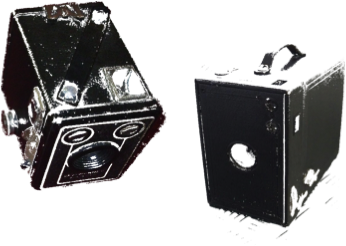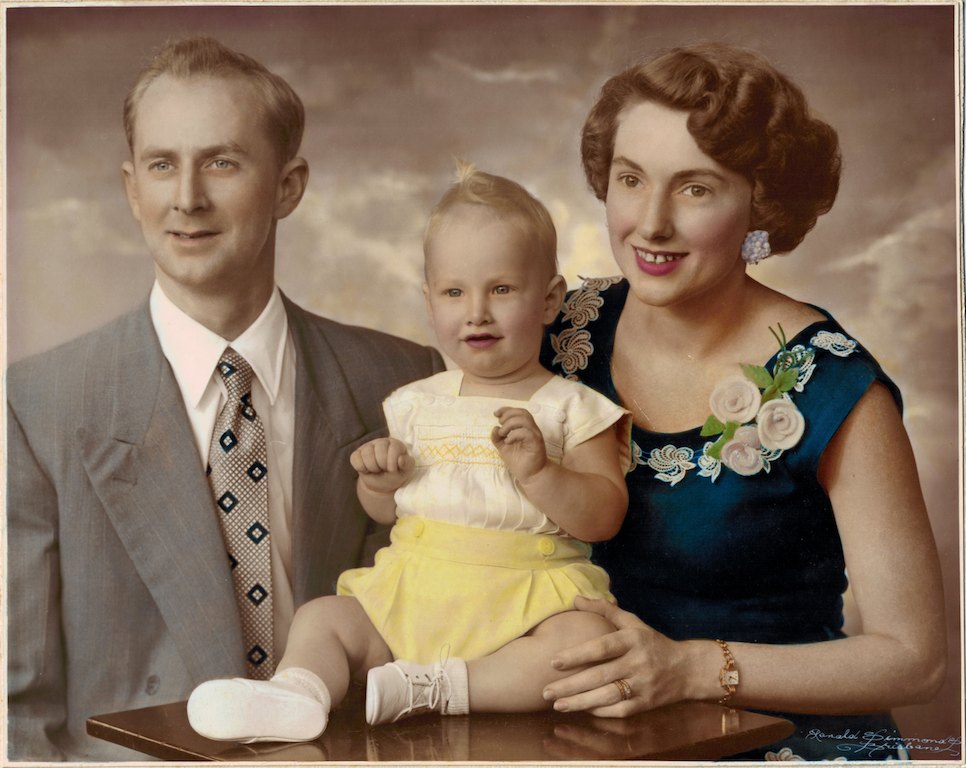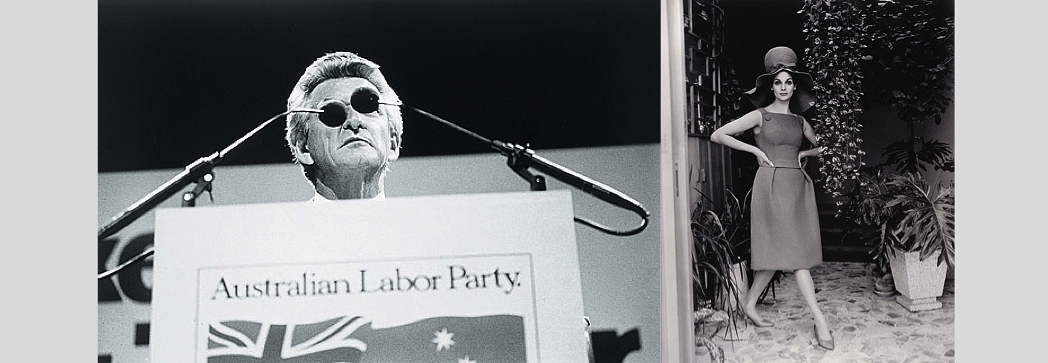
When I moved to Sydney, I had no recent photo of my parents. Some time later, before my garage was robbed on school holidays, I found a carton in the garage with an old role of film. It had Mum and Dad's photo. Most of the other film was damaged.
This does raise the question of storing photos. We all know what it is to lose photos. Printing a photo means that we take time and effort to show that we value a particular image, and that is more likely to survive for our family's next generation - provided it is not a cheap print. Since the beginning of the 1900's, my families have used photography, and we have minimal hard copy surviving. Anything that survives the years is special, particularly when given a photo 80 years later.




These photos were handed down to me, from when my Uncle Bill's father went to Paris in preparation to fight for the war. Notice the spoked ferris wheel. I have seen the buildings along the River Seine, which were still under construction, and the railway line is now covered over.




There are experts in this field who have fine examples of historic photography. Our National Gallery of Australia preserves various styles, some snapshots of scenes at hand, and others of historical significance, such as a pose from a politician, or a fashion statement from a prominent celebrity. These have been among my favourite photographs for many years:

Lorrie GRAHAM 1954, Australia Bob Hawke, Labor Party Campaign launch 1982 printed 1992 Koddak (Australasia) Pty Ltd Fund 1993 National Gallery of Australia, Canberra.
Athol Shmith ' Fashion illustration: Maggie Tabberer in Hall Ludlow outfit.' 1959 gelatin silver photograph.Collection of the National Gallery of Australia

See great examples from NGA > National Gallery of Australia
Older style buildings bring back memories of former materials and finishes. Although beautiful, it also brings back memory of controlled mass environments, man as machine. Our corporate lives reflected order, the days we wore ties, and were comfortable in thinking of life long company loyalty. That was an effective strategy. I recall my first government job - what standard ruler and pen I was to use. I have always bought my own pens and unlined paper in the workforce. In my first job as a filing clerk, (one of the most boring jobs in the world) my drunken boss got fed up with me and said I had to do that job for five years before I could progress to the next level, and be a cost order clerk. I resigned. This shocked my parents. It shocked me!
Those were the days when officials showed off their positions of power, carrying bikini tanned girls on each arm, when sexist and racist comments were on display, and when I bought staff their Bex powders at morning tea. Only pies, sausage rolls, and cakes in those days.





